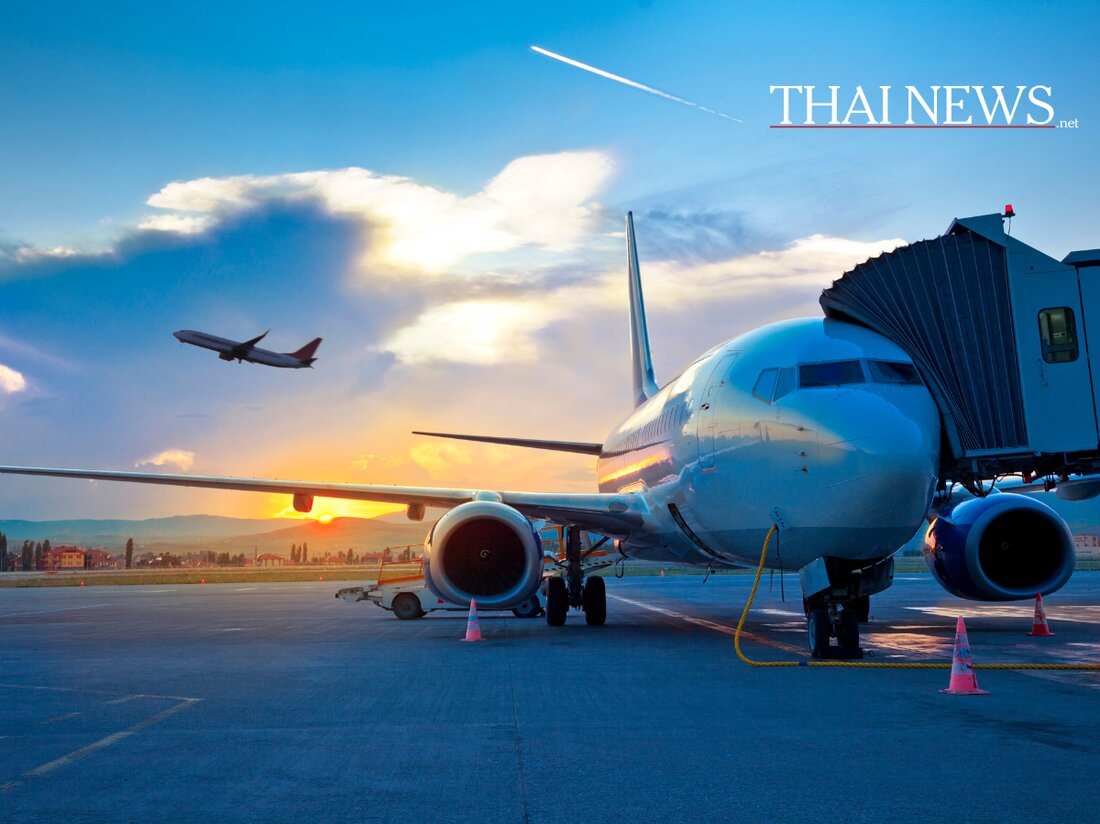Duty Free debate: Thailand airports are facing financial crisis!
Airports of Thailand is negotiating duty-free contracts at five airports with King Power to avoid financial losses.

Duty Free debate: Thailand airports are facing financial crisis!
What’s currently going on in Thailand’s airport economy? Exciting developments are emerging, as the processing of duty-free contracts could have far-reaching consequences for the Airports of Thailand (AOT). AOT managing director Paweena Jariyathitipong revealed in a board meeting yesterday that the AOT is seeking negotiations with King Power Duty Free Co Ltd (KPD). The focus is on the structure of duty-free contracts applicable at the country's major airports, including Suvarnabhumi Airport and Don Mueang Airport, as well as three regional airports: Phuket, Chiang Mai and Hat Yai. This is reported by the Nation of Thailand.
The situation is complex: instead of terminating the contracts immediately, the board decided that a negotiated approach would be more beneficial for AOT. A complete breach of contract would not only result in a loss of duty-free services, but also a shortage of providers and potentially a quieter airport experience - but at a time when questions are being asked about how to win back tourists, that is not a desirable prospect. The negotiation strategy was developed by experts to ensure AOT the maximum benefit and avoid the disadvantages of termination.
The background to the termination of the contract
Why does King Power actually want to get out of the contracts? The reasons are varied: the effects of the government's reduction in wine taxes, a decline in the number of tourists, especially from China, and, last but not least, the consequences of the Covid-19 pandemic are causing problems for the company. Geopolitical tensions and trade conflicts add to the dilemma. KPD won the tender for the duty-free shops at the airports in 2019 and is now forced to renegotiate the conditions.
A Pi Securities analyst is optimistic that King Power is not ready to simply abandon its duty-free business. Instead, a reassessment of the existing contract is expected. The company also hopes to revive travel, especially at Suvarnabhumi Airport, where it plans to operate the Sat-1 satellite to serve more passengers, as also reported by the Bangkok Post is reported.
Economic consequences and strategic considerations
The closures and the contract issues have direct financial consequences for AOT. The airport company expects monthly losses of up to 143 million baht from the loss of duty-free shops. King Power's withdrawal will result in the return of 2,250 square meters of retail space at the five affected airports. The handover process for the retail space begins on August 1 and is recognized by the AOT as a total financial loss of 1.7 million baht from rents and 142 million baht in minimum profit compensation, according to the Thailand Tip reported.
The Cabinet approved the closure of duty-free shops on July 2nd, which will officially come into effect on August 1st. The move is part of a broader strategy to promote locally generated spending, with the ambitious goal of generating about 350 billion baht annually from domestic consumption. Reactions to this decision are mixed: while some welcome the focus on local retail, others express concern about the possible economic consequences.
One of the biggest challenges remains the unclear future picture for the migrating duty-free providers and their impact on travelers' brand loyalty. Thailand is faced with the task of repositioning itself as an attractive center for tourism and shopping, while at the same time initiating a deeper study of the benefits and consequences of these changes.

 Suche
Suche
 Mein Konto
Mein Konto
